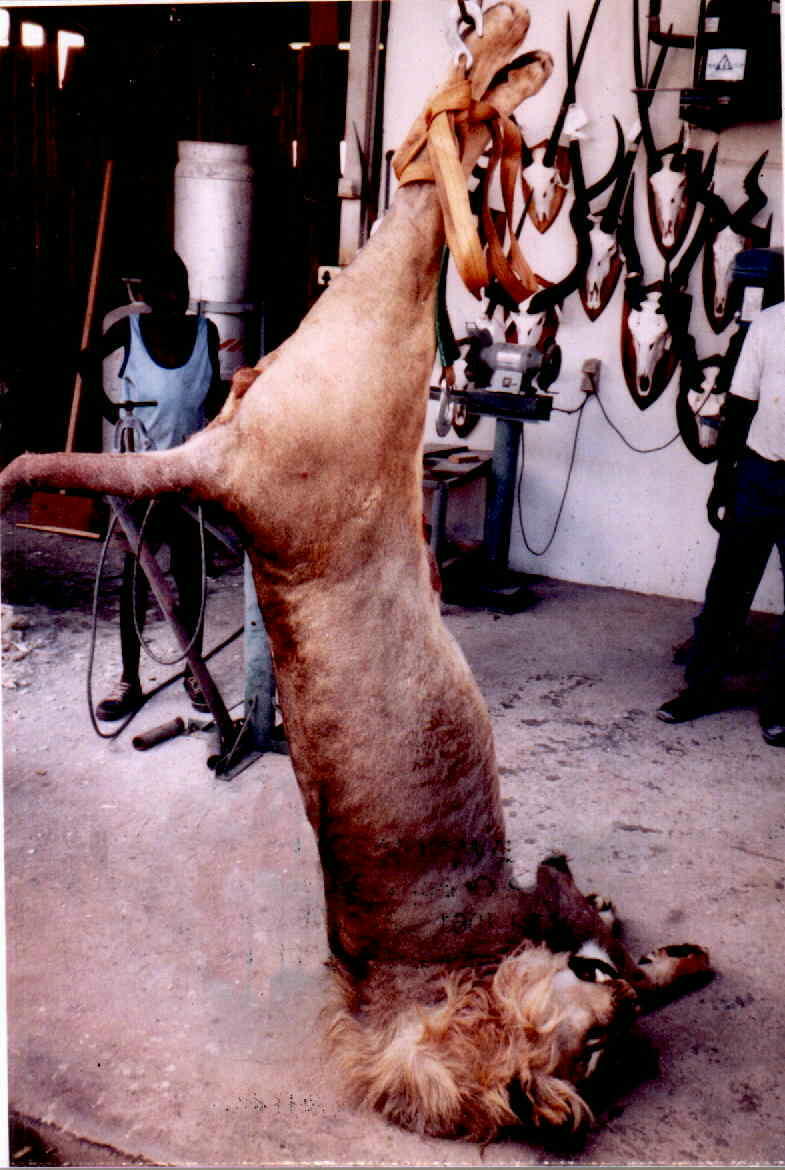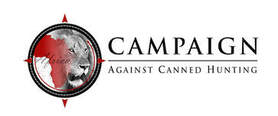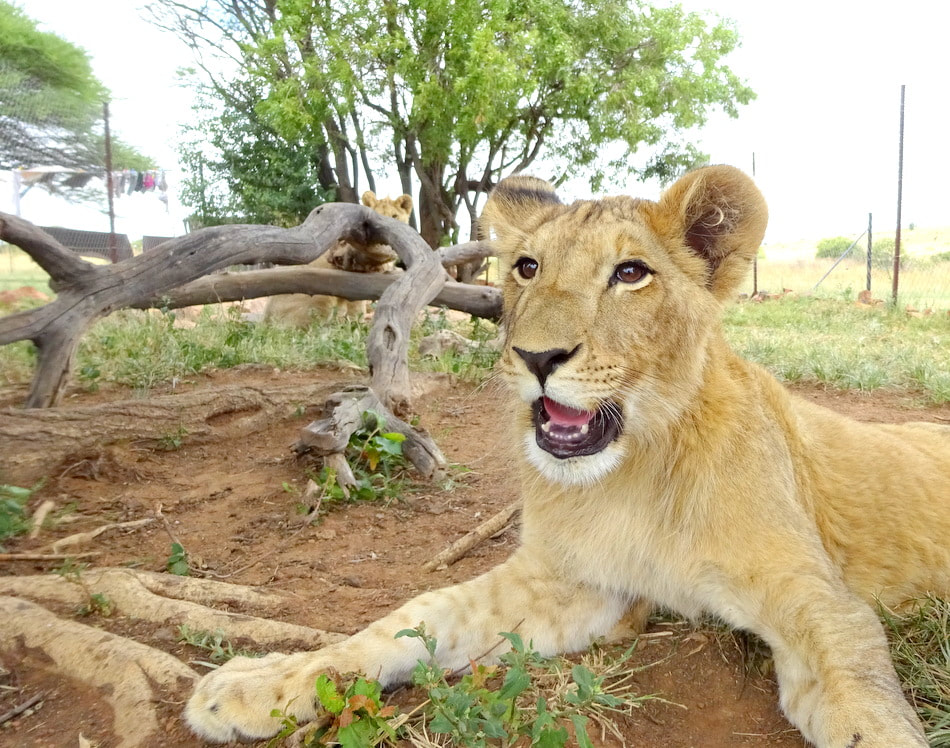
Simon Bloch
Correspondent
Durban - South Africa’s professional hunting association, PHASA, found itself in the firing line this week over the body’s reversal of its 2015 policy around hunting captive bred lions.
Several board members, founding fathers and past presidents resigned in protest and the Operators and Professional Hunters’ Associations of Africa (OPHAA) withdrew and suspended PHASA’s membership indefinitely.
International sponsors and affiliate organizations attending PHASA’s 40th AGM at the Champagne Sports Resort were left stunned when PHASA members voted on a new resolution to allow the hunting of captive bred lions by members and clients.
The Wild Sheep Foundation and hunting agency BookYourHunt.com immediately withdrew all future support to PHASA, and a coalition group calling itself CONCERNED PROFESSIONAL HUNTERS, condemned PHASA in a mass-mailed e-mail, as well as on social media.
“In the light of the recent acceptance of the shooting of captive bred lions as a legitimate form of hunting by PHASA, we, as a concerned group of professional hunters, distance ourselves completely from such acceptance and no longer view PHASA as the legitimate mouthpiece for professional hunting in South Africa.
“A new association will be formed in the very near future and will once again reflect the traditions of responsible, ethical and conservation based hunting in South Africa”.
PHASA’s new policy back-tracks on its 2015 resolution, whereby members voted to “distance themselves and PHASA from all captive bred lion breeding and hunting until such time that the South African Predator Association SAPA is able to convince PHASA and the IUCN that captive bred lion hunting is beneficial to lion conservation” (enhancement of the species in the wild).
OPHAA‘s media release said:
“The Operators and Professional Hunters’ Associations of Africa are deeply troubled by the decision made by PHASA at their AGM on November 22, 2017 to adopt a new constitution that accepts the practice of captive bred lion hunting. The practice of captive bred lion hunting inevitably brings the entire African hunting industry, in every African nation where hunting is permitted, into ill repute.
“Phasa’s actions completely disregard one of the fundamental concepts of hunting, namely fair chase, and will, without doubt, jeopardize not only conservation efforts, but also the livelihoods of those who rely on well-managed and ethical hunting practices, far beyond the borders of South Africa. As a result, the majority of OPHAA members have decided to indefinitely suspend PHASA’s membership in OPHAA until further review”.
PHASA President Dries Van Coller acknowledged that while captive bred lion hunting had damaged Brand South Africa, he was under immense pressure from all sides in the hunting industry, but bound by the constitution to remain neutral.
“The matter was on the agenda, we took a vote by members who participated in the meeting, and as in any democracy, the majority won.
“The resolution as such enables PHASA to engage with SAPA (the South African Predator Association) to further enhance and create an environment where we can find the platform to address all these concerns.
“We know that it will never be accepted by everybody. I have already received letters from some of the lion people that a thirty day release period for lions before hunting, which we stipulated, is too long for them.”
“I think that this is probably the best thing that could happen to the industry, with the divide that will take place once and for all. We need to expose all the rotten eggs and all the issues that we have in the industry, and address it from there in a constructive manner” he said.
NAPHA (Namibian Professional Hunters Association) disassociated itself from PHASA.
CEO Tanja Dahl said “The approval of this motion flies in the face of all that is deemed to be ethical hunting by the overwhelming majority of hunting associations in Africa and around the world.
“This is in direct conflict with the aims and objectives of NAPHA, and NAPHA distances itself from the short sighted and immoral decision taken by PHASA and as such, can no longer afford or wish to associate itself with PHASA”.
Linda Park, a director at CACH (Campaign Against Canned Hunting) called PHASA’s new policy “morally reprehensible.
“This comes from an industry that is ethically bankrupt and driven solely by financial greed. The damage to Brand South Africa is huge. Even some of PHASA’s own members and sponsors have broken away in outrage, and when sponsors withdraw financial support, it clearly spells out their displeasure” she said.
And BookYourHunt.com officially announced the termination of its sponsorship agreement with Professional Hunters' Association of South Africa on Wednesday before PHASA’s gala ball.
“The reason is PHASA’s resolution allowing its members to organize and participate in hunting captive-bred lions, reversing PHASA’s previous position on the issue. For a number of years, BookYourHunt.com has been proudly sponsoring PHASA.
“However, the practice of captive bred lion hunts is incompatible with BookYourHunt.com’s standards of fair chase and hunting ethics, and is something we cannot possibly tolerate or endorse in any form.”

